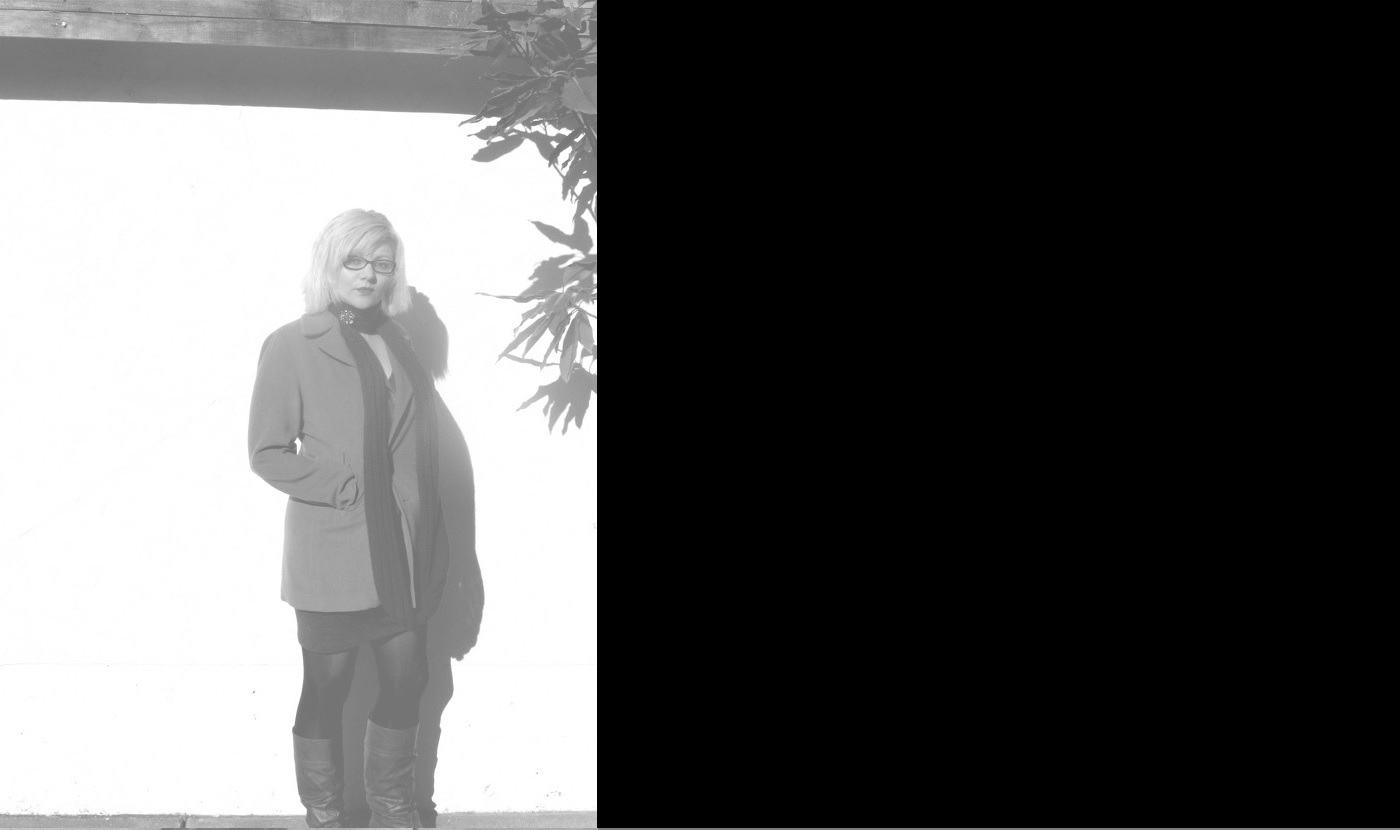Pre-emptive move puts taxes in place before voters decide on Measure 91 in November

(the review) In an eight-minute special session Tuesday night, the Lake Oswego City Council voted unanimously to tax marijuana sales.
Ordinance 2655 establishes a 5 percent tax on the sale of medical marijuana, which is already legal under state law. It also allows the city to establish a 10 percent tax on the sale of recreational marijuana if voters pass Measure 91 and make the drug legal in November.
Councilor Karen Bowerman was quick to clarify that a vote for the ordinance was not a vote in support of legalizing recreational marijuana.
“One of the things that was of concern was that if we were voting for this, that it was a vote for the proposition that the people are voting for, and that is not the case,” Bowerman said. “They’re two distinct items.”
Measure 91 grants exclusive authority to tax marijuana to the state, so it’s not clear whether taxes imposed by cities will hold up in court. But some have interpreted the wording of the measure — that no city “shall impose” a tax — to mean that taxes already in effect before Jan. 1, 2015, when the law would go into effect, would not be excluded.
For that reason, Lake Oswego joined cities across Oregon — including Cornelius, Hillsboro, Tigard, Milwaukie and Wilsonville — in approving what they consider pre-emptive taxes in the hope that they will be “grandfathered” into law.
“The wording of the proposition of Measure 91 says that no city or county shall pass a marijuana tax,” City Attorney David Powell said Tuesday evening. “There are strong arguments that’s meant to pre-empt local taxes. But there are some who would suggest that when it says no city ‘shall impose’ a tax, that when its already imposed when Measure 91 comes into effect, (the city) would be exempt from that, or at least that’s a legal position that could be taken.”
The new tax will be added to the city code alongside taxes on hotels. The ordinance passed Tuesday night does not indicate how the new tax revenue would be spent, although Bowerman said she hoped it would be dedicated to policing costs surrounding legalization of the drug.
The rush by cities to impose marijuana taxes reflects a desire not to become accidental tax havens for recreational marijuana dispensaries and sellers.
“Cities don’t want to be the only city in the particular area that does not have one, if they’re concerned about marijuana dispensaries and so forth,” Powell said.
Measure 91 would impose a state tax on recreational marijuana sales — anywhere from $5 to $35 per ounce, depending on the part of the marijuana plant in question; 10 percent of that would go to cities. Taxes imposed under Ordinance 2655 would be on the gross, pre-taxed value of marijuana sales, and the ordinance allows for additional late penalties of 10 to 25 percent.
Mayor Kent Studebaker made an immediate motion to pass the ordinance without changes, and it passed by unanimous vote. No other items were scheduled for Tuesday evening’s council session.

